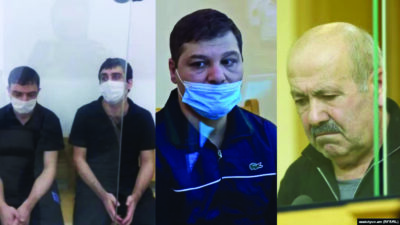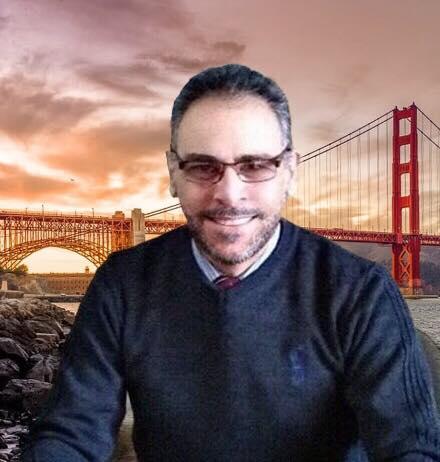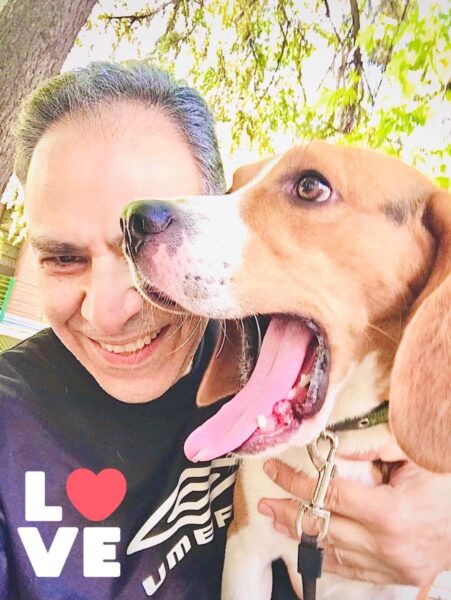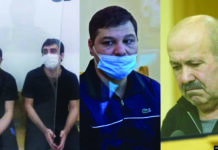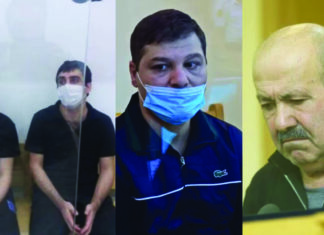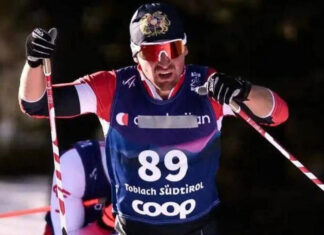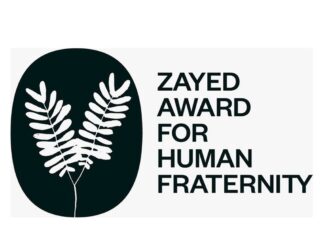YEREVAN/TBILISI — Valerian Markarov, born in 1967, in Tbilisi, is an author and historian from Georgia who writes in the Russian language. After graduating with honors from the History Department of the Pushkin State Pedagogical Institute in Tbilisi, he began teaching. Later he studied business and management in the USA (California State University, Sacramento) and Israel (MASHAV Centre for International Cooperation), worked in a number of international organizations and diplomatic missions.
Since 2005 he has been working as director of the Golden Bridge International Educational Center in Tbilisi. Markarov is the author of popular books Everything has its time, Geniuses are People too… Leonardo da Vinci, The Legend of Pirosmani, The Personal Diary of Olivia Wilson, A Streetcar of her Desire, etc., translated into different languages. He is a winner of the Pushkin and Gogol, Mark Twain (US), DIAS awards, winner of the Golden Knight Award, Best Book of the Year Award (Germany), a finalist for the Fazil Iskander and Ernest Hemingway awards (Canada), etc. He is the founder and chairman of the Organizing Committee of the International Literary Award “Gradus ad Parnassum,” jury member of international literary contests.
Dear Valerian, the first question I would like to address is related to language. In post-Soviet Georgia, Russian is no longer popular; I know from my own experience, most locals either do not answer tourists’ questions in Russian or answer in other languages. But Russian-language literature continues to be created in Georgia. In what condition is it today and how does a Russian-speaking writer live in today’s Georgia?
Yes, when a huge country collapsed and disintegrated into small components, and its inhabitants were scattered to different parts of the world by the rising wave, a policy of refusal of the Russian language began in independent Georgia. However, I can say that the Russian language is still in demand among Georgians and representatives of national minorities living in Georgia. By the way, we are very fond of quoting Chekhov, who said: “However many languages you know — you are a man that many times.” And so it is. A good job seeker who is able to express his thoughts beautifully, competently and fully in three languages — Georgian, English and Russian — will be fought over by the best recruitment agencies, as I can see from the example of my own students, many of whom work in international companies operating in Georgia. Obviously, Russian will remain an important regional language for a long time to come, in which Georgians will communicate not only with Russians, but also with Armenians and Ukrainians, Kazakhs and Azerbaijanis. And as for Russian-language literature in Georgia — yes, it is being created. It means that someone needs it, someone is interested in it. And I live quite comfortably, because I live at home — Georgia is my homeland. My readers are Russian-speakers all over the world, as well as foreign-speaking ones, to whom my books are available in translations into English, Spanish, French, Italian and other languages.
Are there complaints that you, as a native of Tbilisi, don’t write in Georgian?
I have never heard such reproaches or claims against myself. And, frankly speaking, I hope it will never happen. Georgia has been a multinational country since ancient times, and this factor predetermined the entire historical path of its development. Many nations have found a shelter here, which in time became their native home. Moreover, since ancient times languages of other nationalities and ethnic groups coexisted in Georgia along with Georgian. Everyone who has a favorable and respectful attitude to the bright and distinctive Georgian culture and traditions is welcome in Georgia.
